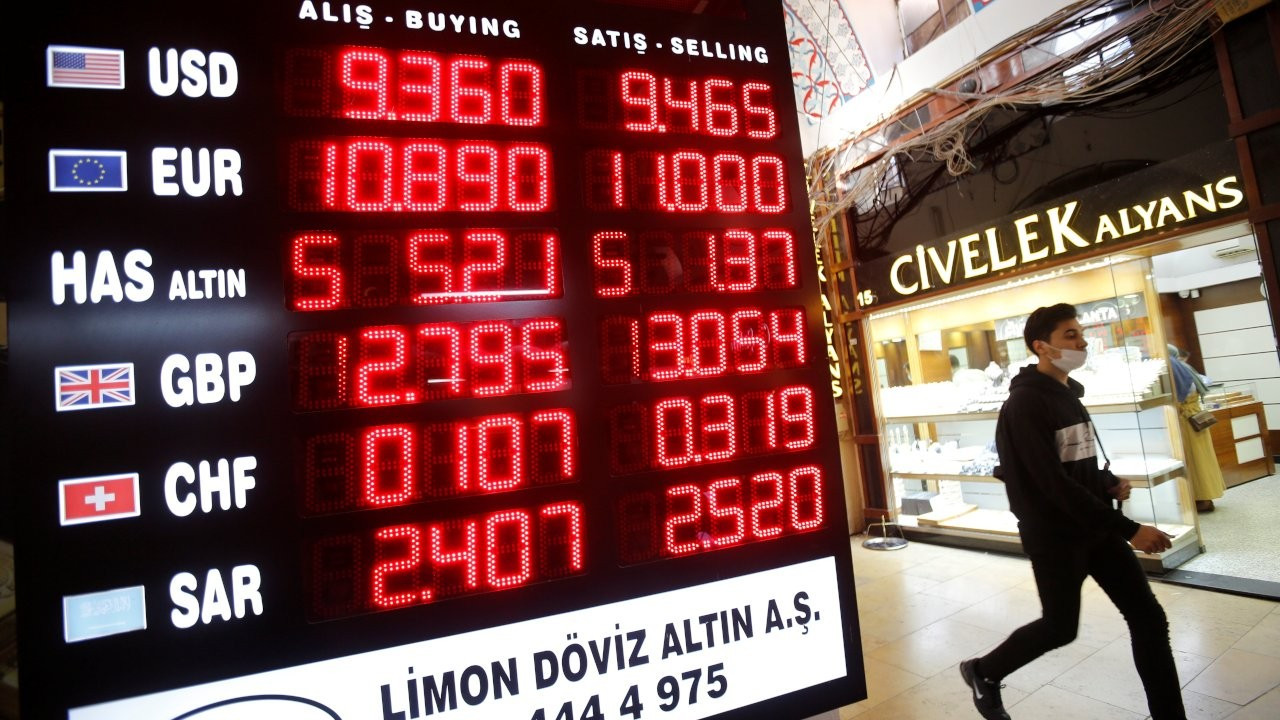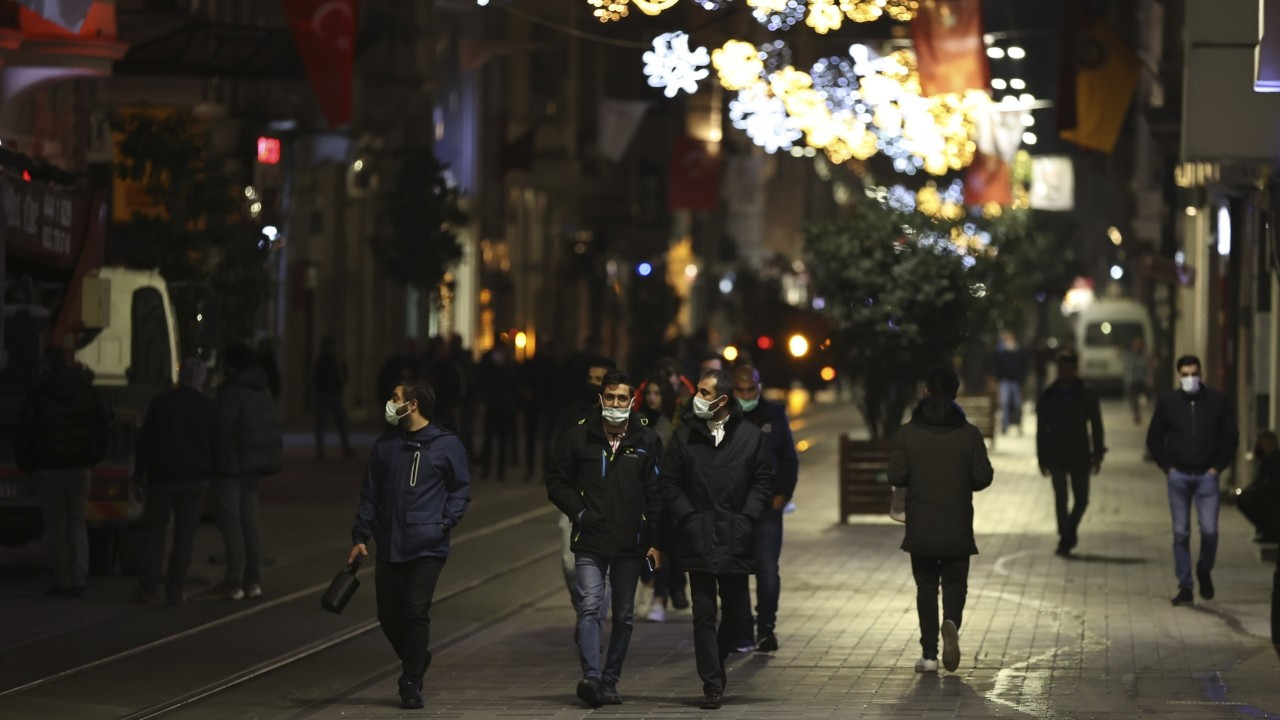98 years after the Republic’s founding, Turkish economy does not inspire hope
Almost a century after the Turkish Republic's founding, the economy is in dire straits. According to economists interviewed by Deutsche Welle's Turkish service, Turkey is caught in the “middle-income trap,” unable to institute needed, significant structural economic reform, especially in the last 20 years of AKP rule. As of 2021, Turkey is the poorest among all of the G20 nations.
Duvar English
On the 98th anniversary of the founding of the Turkish Republic, Turkey is facing an economic crisis of historic proportions. The value of the Turkish lira has greatly depreciated, interest is at record highs, unemployment is increasing, and large swaths of Turkish society have fallen below the poverty line. Public trust in public economic institutions like the Central Bank has plummeted, and according to global data, Turkey’s share of the global market has not increased in 40 years.
According to economists interviewed by Deutsche Welle's (DW) Turkish service, Turkey is caught in the “middle-income trap,” unable to institute needed, significant structural economic reform, especially in the last 20 years of Justice and Development Party (AKP) rule. As of 2021, Turkey is the poorest among all of the G20 nations.
The Turkish Republic was founded on Oct. 29, 1923, and from the outset, its founders attempted to establish a modern state from a post-Ottoman society largely dependent on agricultural production. As such, Turkey began to develop and the state focused on producing domestic goods for the first decade of rule.
After World War II, Turkey began its international expansion and assimilation to other world powers - the country joined NATO, switched to a multi-party system, expanded the private sector, and encouraged foreign investment. Turkey since this period has experienced success in trade, especially with Europe.
Despite these intermittent successes - and a demonstrated ability to maintain trade even in the face of domestic crisis - the Turkish economy has still not reached its expected output. Turkey is still considered a “developing country,” and nearly a century after its founding its currency, the Turkish lira, is in 2021 one of the most rapidly depreciated currencies in the world.
Turkey’s success in trade has also not resulted in an increase in the country’s global market share. As of 2021, according to International Monetary Fund (IMF) data, Turkey has the same share of the global economy that it did in 1980 - 86/1000 of the world economy. For a five-year period between 2010 and 2015, it increased its share to 1%, but due to recent tumult, it has again decreased to 1980 levels.
Istanbul Technical University (İTÜ) Management Engineering Faculty Member Prof. Dr. Öner Günçavdı told DW Turkish that the state-based industrial capital accumulation model used in the early years of the Republic was successful.
“Today's accumulation is primarily based on small and medium-sized capital accumulation in Anatolia. This ruling coalition has ruled Turkey for 19 years. [They are] trying to provide [capital] accumulation through trade, construction, and service sectors, not industry,” Günçavdı said.
The Turkish economic model in the early years of the Republic, explained Günçavdı, aimed to increase the welfare of large swaths of society through state-run manufacturing.
“This was correct, and an innovative model for its time,” said Günçavdı. “Today, the opposite is done and the system incorporates very few social segments while being very valuable to a select few. A model has been implemented that creates value for three or five businessmen and the business circles clustered around them."
This failure to benefit most of society is illustrated by economic data. Per capita income in Turkey has fallen by $4,000 in eight years. In 2013, PCI was at a high of $12,600, while in 2020 it was $8,500. Due to the decrease in the value of the lira in 2021, this year’s PCI is likely to be even lower.
On its 98th anniversary, Turkey is also suffering from the second-highest inflation rate in the world after Argentina, which has an inflation rate of over 50%. According to official statistics, Turkey’s inflation rate is 20%. However, economists in Turkey think that real inflation is likely at least double the official figures.
This has led many in Turkey and around the world to wonder what is in store for the Turkish economy.
Koç University Economics Department Lecturer Prof. Dr. Kamil Yılmaz indicated to DW Turkish that while throughout Turkish history the company was able to effectively use new technologies, it has in recent years been able to incorporate innovative and advanced technology into production. High-tech products, he said, make up only 3.5% of total exports.
Further, Yılmaz noted to DW, tumult, and uncertainty in the country have made investors unable to plan their Turkish strategies.
“We have come to a point where uncertainty [in Turkey] has increased and the investor has to think five times, not twice, when investing,” he said. “They [investors] can’t look ahead anymore. They can’t look three months ahead, six months ahead.”
He further said that because the “genie is out of the bottle” with the Turkish economy, and because the current government prefers populist politics to real economic reform, inflation, prices, and other economic issues will increase in the coming year. Without significant change to education, taxes, or other institutions that could grow the economy, Turkey will remain in the “Middle Income Trap,” unable to escape this economic crisis. Now, he says, the damage is too significant to reverse in the near future.
“If we had implemented long-term policies and increased our competitiveness, then we would not have fallen into this trap, the middle-income trap,” Yılmaz said. “In other words, we have fallen to 8,000 dollars in per capita income, and now we cannot jump to 20,000 dollars. There are one or two countries, like South Korea, that have been able to do this. But we can't do it. At this rate, we certainly won't be able to do it in this century. I hope we can do it by the next.”

 Opposition urges Erdoğan to mend Turkey's economy instead of targeting envoysPolitics
Opposition urges Erdoğan to mend Turkey's economy instead of targeting envoysPolitics World Misery Index: Turkey ranks 21st among 156 countriesEconomy
World Misery Index: Turkey ranks 21st among 156 countriesEconomy